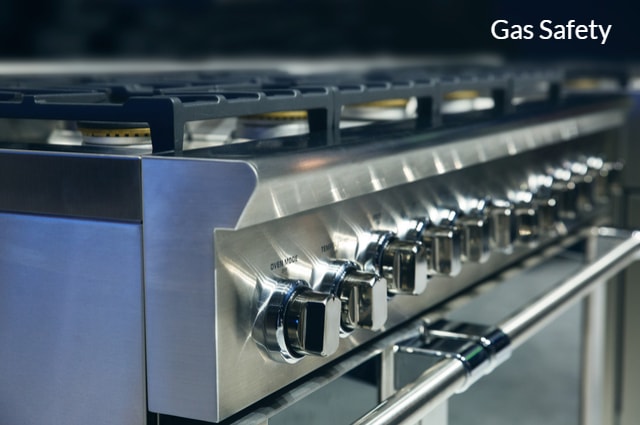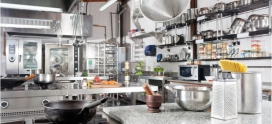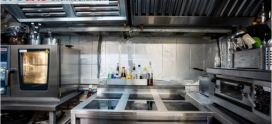Gas Catering Safety Laws To Know
Gas Safety Laws Every Catering Business Should Know

Any business operating in the catering and hospitality sector must ensure that its equipment is gas safe. Gas equipment comes with its share of dangers, including fires and gas leakage. Gas Safety laws are meant to keep the operators of these tools and the people around safe by instituting regulations for the installation and use of gas appliances. If you are venturing into the catering business or are already running one, understand what these rules are. By working with designers, installers and engineers with proper certification, you can ensure your premises meet gas safety laws. It helps to know what these standards are.
What the Regulations Say
Safety laws for gas equipment in the catering industry cover a wide range of areas, and it’s advisable to get as many basics as necessary.
Installation and Use
The GSIUR 1998 provides the provisions that the catering industry must stick to when fitting gas appliances. According to the regulations, all equipment installation must be handled by Gas Safe-registered technicians. Installers must also have valid certification, verifying that they are qualified to work with specific equipment. In some areas, though, like canteens and factories, GSIUR does not apply, but you are required to ensure that installers are competent. You can verify this by asking for certificates of competence from contractors. Appliances must also be CE marked to show that they meet the standard of a regulatory body.
Maintenance and Inspection
In Regulation 35, the GSIUR provides that employers in the catering business must keep up proper maintenance of gas appliances, safety devices, flues and pipework. Only Gas Safe-registered technicians should conduct maintenance and inspections. The rate of use and the equipment dictates the frequency of inspections and maintenance, but it is recommended that they are conducted at least annually.
Road Vehicles
Mobile catering units that have to install LPG appliances in vehicles must also adhere to specific standards. Before installing LPG in a vehicle, make certain that the ventilation is adequate. The pilot lights should stay off when the vehicle is moving because the flame can go out and result in an explosion. However, an exception exists for vehicles with customised safeguards.
Ventilation
Whether it’s a hotel, restaurant or mobile catering unit, ventilation is a necessary safety measure. Mechanical ventilation systems are the norm in many kitchens to provide the area with sufficient circulation for the sake of hygiene and food safety. Every employer must ensure that workers are using a properly ventilated kitchen. The design of the ventilation system must correspond with the load of the kitchen to avoid buildup. You must also ensure that there is minimal risk of fire above open flames by keeping the ductwork clean. Using guidelines from BESA, you can clean the ductwork as required to eliminate grease and fat accumulation.
Gas Use
Another gas safety regulation that you must comply with in the catering industry is to ensure that employees get proper training. Workers must be able to operate appliances and check for faults. They should be able to tell if the equipment is missing the right restraints, if there is gas leakage, or if the pipework is defective, among others. Employees must be clear on the correct measures to take to fix such situations.






